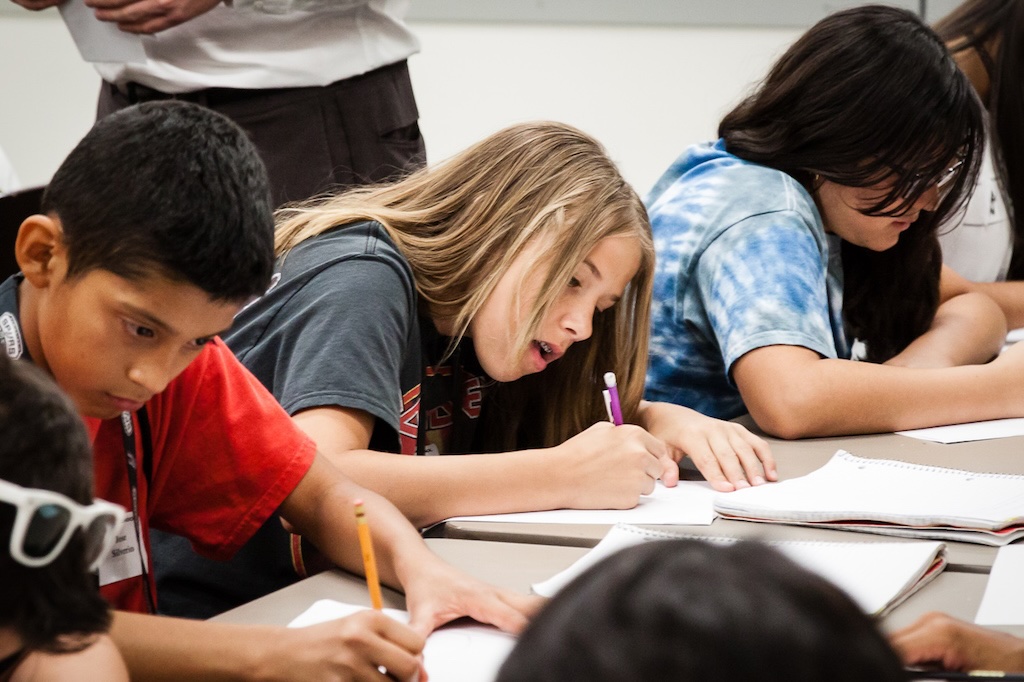At Sidwell Friends School, competition is embedded in the fabric of our academic and athletic environments. The culture of comparison — whether through grades, athletic prowess, or other metrics — is an ingrained part of the experience for many students. Yet, this constant comparison often comes with a caveat: it can foster a toxic environment where students feel pitted against one another rather than motivated to excel. While teachers work hard to discourage this unhealthy behavior, an alternative approach to academic competition would transform this competitive drive into a source of motivation and self-improvement.
Junior Sophie Haar critiqued the current climate, noting that academic competition at Sidwell often turns into students seeking to “feel better than each other.” This perspective underscores a significant issue: when competition becomes a means of self-validation, it risks undermining the values of mutual respect and personal growth that Sidwell strives to instill. Sophomore Johnny Klug remarked how people will be competitive, explaining simply that “It’s Sidwell.” Klug added that Sidwell students will compete with one another, regardless of the administration’s efforts to avoid it. That being said, there is a more constructive way to channel this competitive spirit with encouragement from the administration.
By promoting personal goals over peer comparisons, the administration can drive students to set individual goals and track their own progress, which can shift the focus from comparing oneself to others to personal development. This can help students understand that their worth is not tied to outperforming their peers but rather to striving to achieve their personal best. Our teachers often promote these ideas, but it’’s essential to acknowledge that these goals can still be grade-based. Grades serve as a way to evaluate and communicate a student’s understanding, performance and progress in a particular subject or course. Therefore, using them as a benchmark for personal growth is a good choice, as long as the result is not the student’s only focus.
By implementing peer mentorship programs, the administration could shift competitive energy into collaborative and supportive relationships. Pairing students with different strengths and weaknesses can create opportunities for mutual growth. For instance, a student who excels in mathematics might mentor a peer struggling with the subject, while the mentee might offer insights into another area of strength. This could also use our competitive nature as students to pitch us to be better.
At Sidwell, we have the opportunity to redefine what it means to compete. By embracing these changes, we can transform a toxic environment into one where competition drives excellence, fosters mutual respect and ultimately benefits every student.











































